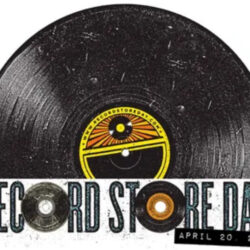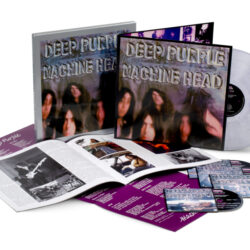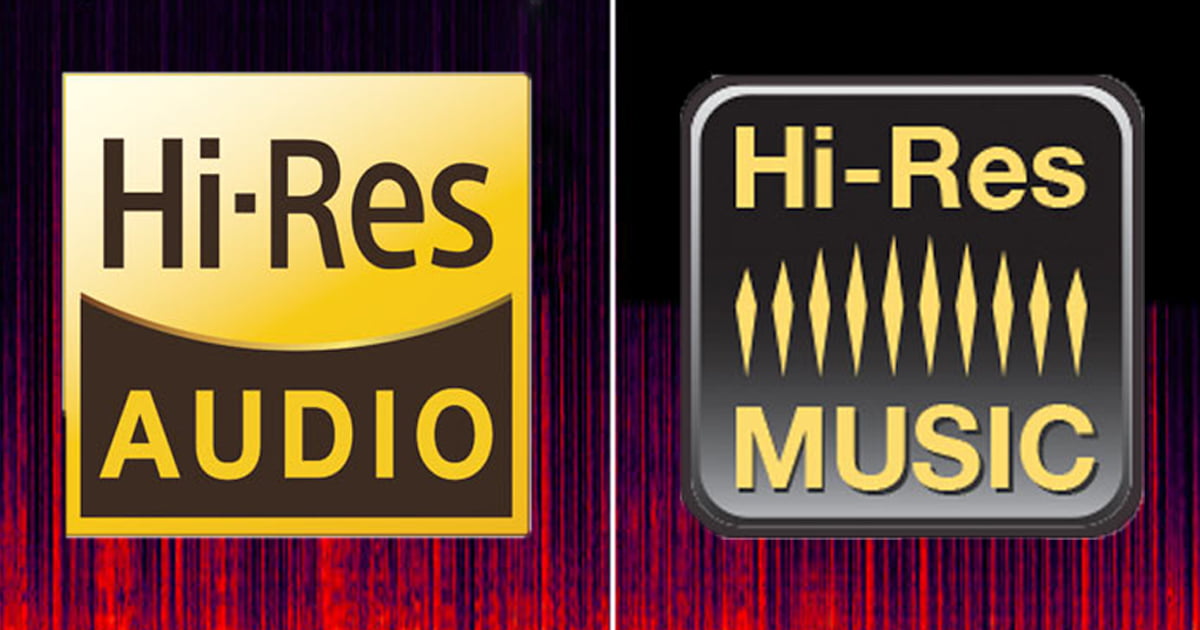It’s the time of year for saving money!
I have a friend who is a professional golfer. Not a touring pro mind you, as that is one of those many come but few are chosen things. My friend is, rather, a club pro. My golf game can very aptly be described as something between weak and anemic. Yet the thrill of one of my all too few shots of excellence keep me striving for betterment. I probably won’t ever break par, in fact I’d be amazingly ecstatic to simply break 80. I certainly won’t be on any highlight film but all said, I do so enjoy a great golf course and the comradery of being with friends.
 Plying with my pro buddy, or more specifically riding in the same cart with him is an interesting experience. While mostly talking to himself, he speaks out loud after nearly every shot as to what he SHOULD have done rather than what he did. And because he is a licensed, card carrying PGA Professional, I’d be foolish to not listen to him, right? Only problem with such an enterprise is by doing so, and by about the fifth hole, my head and mediocre game are both so confused I hardly can swing the club. Such confusion might rightly be termed as “overthinking things.” I usually chalk up yet another high score to providence and relish the time spent outside with my friends, talking and laughing, and the occasional 120 yard pitch shot that winds up “inside the leather.”
Plying with my pro buddy, or more specifically riding in the same cart with him is an interesting experience. While mostly talking to himself, he speaks out loud after nearly every shot as to what he SHOULD have done rather than what he did. And because he is a licensed, card carrying PGA Professional, I’d be foolish to not listen to him, right? Only problem with such an enterprise is by doing so, and by about the fifth hole, my head and mediocre game are both so confused I hardly can swing the club. Such confusion might rightly be termed as “overthinking things.” I usually chalk up yet another high score to providence and relish the time spent outside with my friends, talking and laughing, and the occasional 120 yard pitch shot that winds up “inside the leather.”
In some ways, I see a parallel to audio in playing golf with my friend. With all that is available to read on the Internet, all the advice on audio forums, all the cryptic suggestions made from what may be loosely termed “audio professionals,” I think it is sometimes difficult for the average audiophile to know what to do or really how to go about following any advice offered. Skepticism should rightfully be plentiful.
 Let’s face it, we audiophiles may easily become consumed with the minutia of the science of the hobby. It is perfectly reasonable for us to try and reach a higher level of understanding into the elemental reasons why and how an electronic component works. Because by doing that exact thing, we will hopefully reach some level of increased sonics. Or so we optimistically tell ourselves.
Let’s face it, we audiophiles may easily become consumed with the minutia of the science of the hobby. It is perfectly reasonable for us to try and reach a higher level of understanding into the elemental reasons why and how an electronic component works. Because by doing that exact thing, we will hopefully reach some level of increased sonics. Or so we optimistically tell ourselves.
I wonder, by pursuing the furtherance of knowledge, are we actually making things worse, much like my golf game when playing with my PGA Pro friend? Or does this higher level of increased knowledge work to provide an enhanced listening experience?
In looking at the nearly inexhaustible variety of available information about any subject one may find on the Internet, it is hardly surprising that opinions about an audio system are widespread. I am not referring to the analog vs digital debate, or whether or not better cables make a difference. I’m talking about scientific, engineering based opinions and theories, some spot on correct, some wildly incorrect, that are easily found on any of the more popular high performance sites. Needless to say, that does not even begin to include what might be found by an Internet search. I recently read a forum that was discussing jitter. Now, I’m guessing most all digital audiophile proponents have heard of jitter and how it can devastate an audio signal. How many audiophiles, I wonder, are qualified or even understand the complex physics and mathematics used to create digital audio and the resultant catastrophic effects jitter has on the transmission of a binary signal? How many audiophiles are actually skilled enough to write code? How many understand audio code to the point that they may expertly describe jitter, and render detailed descriptions on the bit and byte level? So if someone tells me I should do this or that, and they seem like they are in some way learned on the subject, is their advice something I should follow? Or should I disregard them as likely misinformed and unlearned? What are the chances that heeding their advice will be a furtherance of problems? Another reasonable question – is it actually necessary for an audiophile to have an in-depth understanding of a component to enact system improvements?
 Following the advice of “experts” may negatively influence our buying decisions. These expert opinions might be very wide ranging – from the guy down the street with an awesome system, to the unknown person on an Internet forum, to a dealer, to a product review, to a manufacturer – what do we do if any advice from any available source is proven bad, incorrect or does not measure up to our own personal standards?
Following the advice of “experts” may negatively influence our buying decisions. These expert opinions might be very wide ranging – from the guy down the street with an awesome system, to the unknown person on an Internet forum, to a dealer, to a product review, to a manufacturer – what do we do if any advice from any available source is proven bad, incorrect or does not measure up to our own personal standards?
Increased knowledge about any subject, audio included, is a smart practice. Ours should be a hobby of more than just listening to a song. Possessing greater insight into the mechanics of how things work and interplay with each other is something I think all audiophiles should strive to advance. Perhaps this furtherance of knowledge might be very slight or highly in depth. In any event, a better understanding brought by increased wisdom on the audiophile subject is a practice whose benefits are manifestly positive. When we, as audiophiles, better understand the reasons behind why the sonic character of our systems and rooms sound the way they do, we consequently are much better equipped to render changes to yield aural improvements and correct mistakes. And given the wide ranging availability of sources from which advice may be obtained, perhaps the best course is to take outside advice under advisement. In the end, however, our better decisions are made by what we hear, what we diagnose based on what we know, and what actions we ultimately utilize to correct a problem or make a change. Knowledge is power, as long as the knowledge, and the subsequent power, is ours alone.









One reason people like to play golf with me is I don’t give advice to my playing partners. People do ask what I think about getting ready to hit a golf ball. I tell them virtually nothing you can’t think and swing at the same time. And golf is a lot of get the answer yourself if you’re planning on playing tournaments even at the club level.
Audio is no different. The more people you listen to the more confused you will be.
I am an avid golfer who these days kinda sucks. My handicap has ballooned from a 4 to a 9 mainly because of injuries and illness. I am taking a lesson today for the first time in a long time to work on a balancing act between my current lame swing and my damaged right tendon in my arm (I play left handed but I am right handed an right eye dominant).
Audio experts can be self-made. If you want to be a PGA Class-A pro you need to pass a bunch of classes AND pass a playing test where you shoot (I think this is the standard) 77 three times on a standard golf course.
Spanky is right below in the comments. Golf is stupid. I am addicted however. I’ve played 69 of the Golf Magazine Top 100 in the US including 19 of the top 20. So I add even more time and expense to the endeavor by bringing travel into it. I have however met some of the most interesting people in my journey and the fact that I am blessed to play the best courses in the world (often playing very poorly) is pretty cool. I feel the same way about having been able to own some super-cool audio gear too. Its all good.